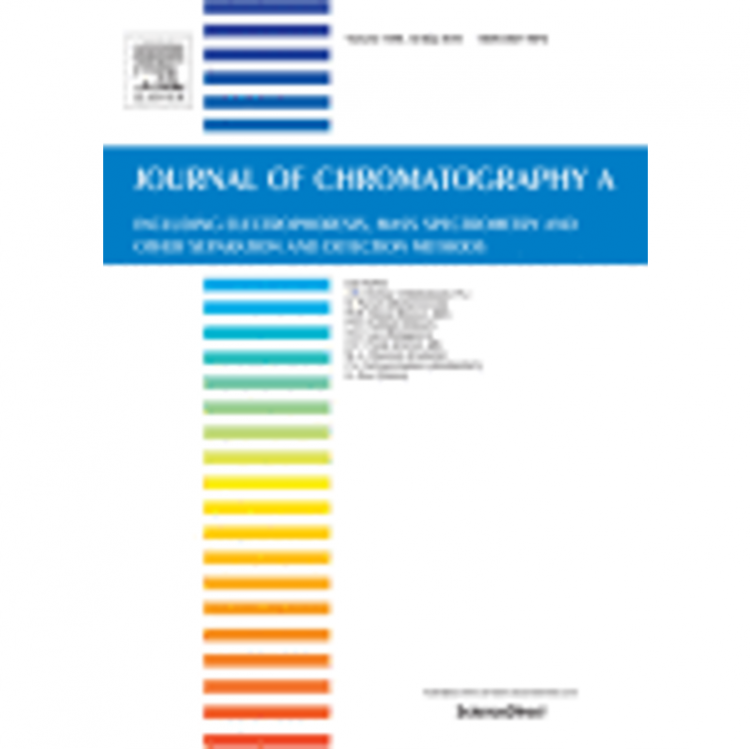Designing affinity chromatographic processes for the capture of antibodies
Part I: A simplified approach
D. Pfister, L. David, M. Holzer, R.-M. Nicoud*
ABSTRACT
Protein A affinity chromatography is a standard technique for the purification of therapeutic antibodies. Recently, multi-column chromatographic processes have emerged to turn classical capture processes into more efficient and continuous systems. The design of such chromatographic processes, be they single-column or multi-column systems, is described in this work. A rational method to conceive, scale-up and compare processes is proposed and illustrated with different examples. All along this article, the results of the equilibrium theory, i.e. obtained with an infinitely efficient column, are used to normalize the system and propose a frame for a rigorous comparison between the different configurations considered in this work. Then, the impact of the fluid velocity, the column length, the refresh time, the sequence organization and the number of columns on the yield, productivity and fluid requirement is investigated. It is found that the optimal process, in terms of number of columns and residence time, depends in the process targeted protein recovery. For instance, when considering a titer of 1 g/L, 2 columns connected in series in the loading zone are necessary to reach 90% recovery, 3 columns to reach 95% and 4 columns to obtain 99% recovery.
REFERENCE
Journal of chromatography A, 2017


